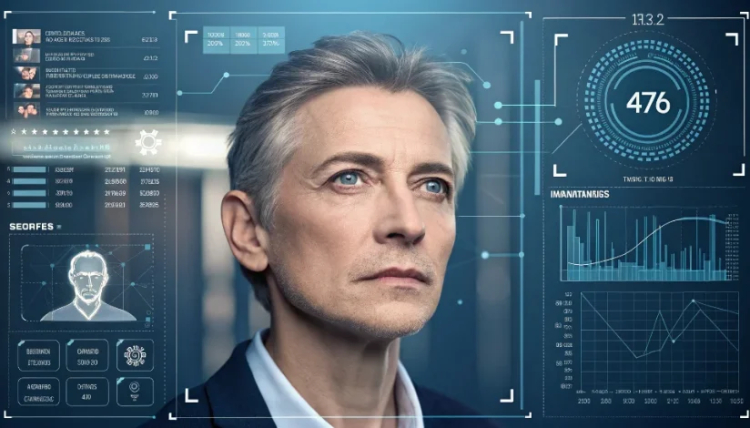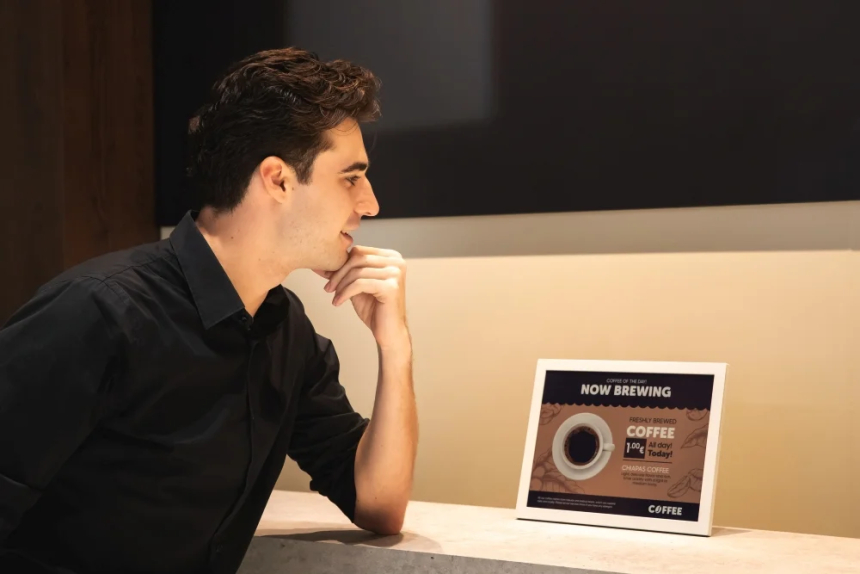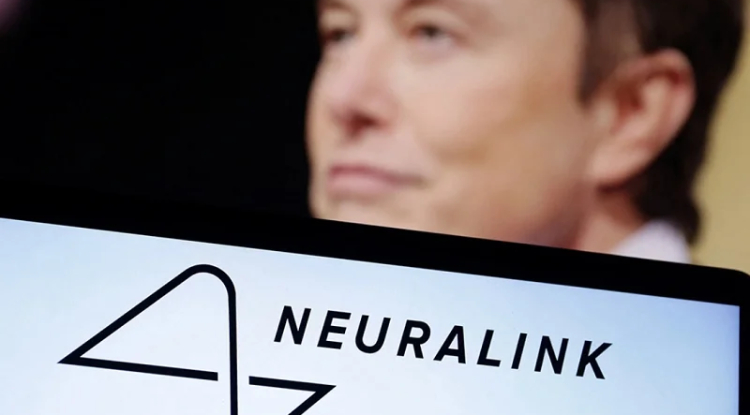FaceAge AI Algorithm Predicts Biological Age and Cancer Prognosis from Photographs
Scientists from Harvard Medical School have developed an artificial intelligence system that can determine a patient’s biological age with 86% accuracy and predict the outcome of cancer by analyzing facial photographs.

Scientists have developed an artificial intelligence tool called FaceAge that analyzes photographs of patients and predicts their biological age and life expectancy for cancer. This will help doctors choose personalized treatment.
Biological age, unlike chronological age, reflects the actual state of health and depends on lifestyle, genetics and other factors. FaceAge was trained on more than 58,000 photos of healthy people and 6,000 images of cancer patients. The algorithm found that cancer patients look, on average, five years older than their age, and an “older” appearance is associated with worse outcomes.
While doctors often assess a patient’s condition visually, this method is unreliable. In an experiment, 10 experts predicted the life expectancy of 100 patients with terminal cancer, and their accuracy was only slightly better than random guessing. However, their predictions improved when they were given FaceAge data.
FaceAge is based on deep learning, but the exact features it analyzes (e.g. wrinkles, gray hair) are still unknown. The developers emphasize that the tool will not replace doctors, but will become an auxiliary tool for monitoring the condition of patients before, during and after treatment.
However, before implementation in clinics, additional testing on different groups of patients is needed.
Share
What's Your Reaction?
 Like
0
Like
0
 Dislike
0
Dislike
0
 Love
0
Love
0
 Funny
0
Funny
0
 Angry
0
Angry
0
 Sad
0
Sad
0
 Wow
0
Wow
0





![Transfer/ Postings Senior Superintendent Police Hyderabad [Notifications]](https://pakweb.pro/uploads/images/202402/image_100x75_65d7bb0f85d5f.jpg)
![Amazing Text Animation Effect In CSS - [CODE]](https://pakweb.pro/uploads/images/202402/image_100x75_65d79dabc193a.jpg)






